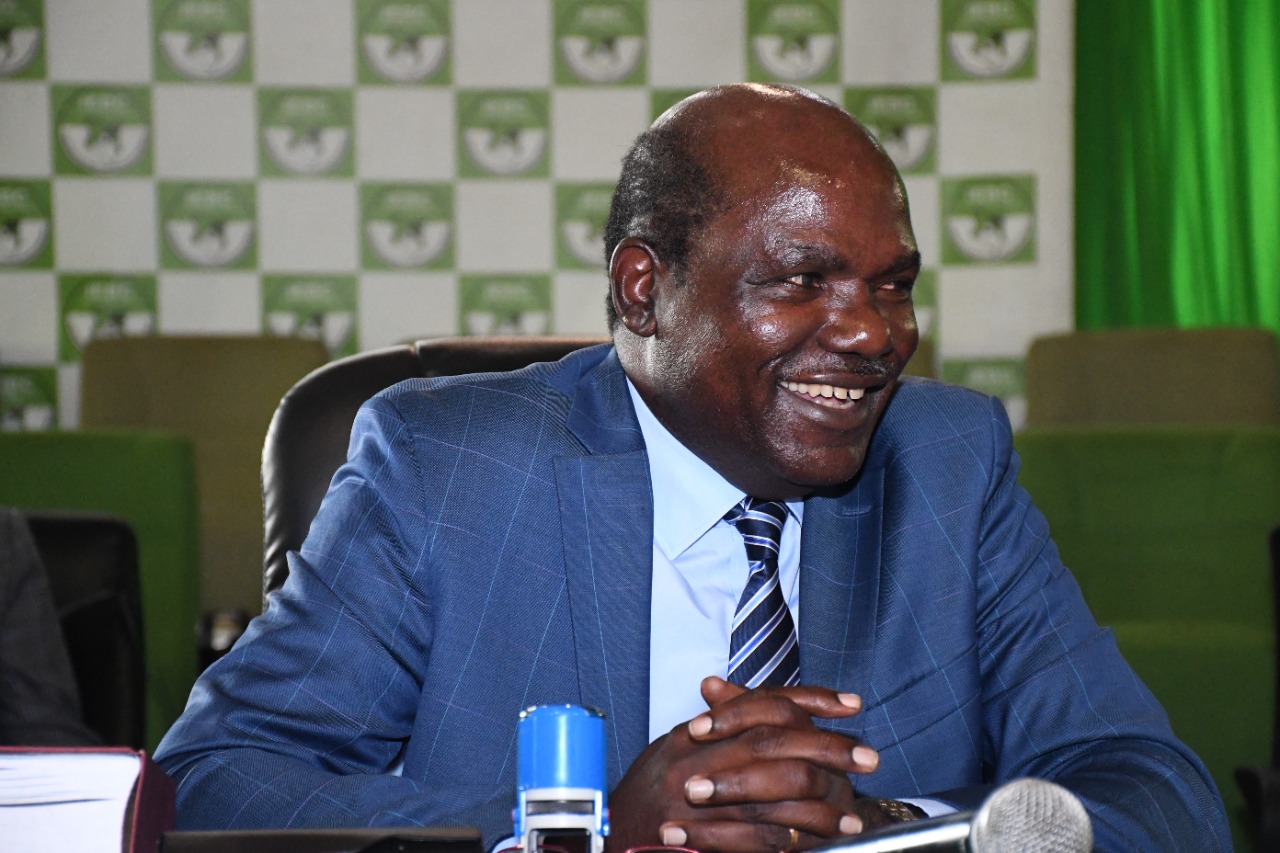Diamond Trust Bank (DTB) is setting its sights on increased lending to individuals and small businesses, banking on Kenya’s economic stability to drive growth.
The lender predicts that, should current trends hold, the country’s credit market could double in the next decade from its current $32 billion.
Speaking at the DTB Economic and Sustainability Forum in Nairobi, DTB Kenya Chief Executive Officer Murali Natarajan projected that the financial sector’s shift towards retail and micro, small, and medium enterprises (MSMEs) would open up vast opportunities.
"When I look at the resilience of the economy and the track record of having dealt with so many challenges, that gives me immense confidence that I feel very confident about going forward,” Natarajan added.
According to Natarajan , banks are increasingly recognising the potential in the MSME space, with a focus on making financial products more accessible to both formal and informal businesses.
Read More
“When I look at the MSME segment, which is partly informal and partly formal, going forward and as banks start focusing on retail and SMEs, I feel that there is a big opportunity there," Natarajan added.
"Working with our team, with the guidance of the board and the Group CEO, we are pretty confident that focusing on the segments, like agriculture, retail, MSME and making it more small ticket and mass, we should be able to double our balance sheet in about three to four years."
To support this expansion, DTB plans to ramp up its digital banking services, form new partnerships, and increase the number of branches to improve customer reach.
Natarajan attributed his confidence in the economic recovery to several stabilising factors, including lower interest rates, reduced fuel costs, and favourable weather conditions.
“I congratulate the Government and the Central Bank of Kenya for steering the ship through difficult times last year. The macros look stable, interest rates are coming down, and the flow of remittances from Kenyans abroad continue,” he stated.
DTB projects the country’s economic growth at 5 per cent this year, though challenges remain.
On the government’s end, National Treasury Principal Secretary Dr. Chris Kiptoo expressed optimism, describing Kenya’s economy as resilient and diverse.
“When I started, it was very hard, and I had many sleepless nights. Now the worst is over, but the future is brighter. We have a resilient economy, diversified, and that’s how we come out of shocks,” Kiptoo said.
He disclosed that the upcoming budget would prioritise sectors such as agriculture, exports of tea and edible oil, cotton, leather, dairy, natural resources, building materials, and the blue economy to sustain economic momentum.
Additionally, Kiptoo revealed plans to transfer the Credit Guarantee Scheme—currently an arrangement between the government and seven banks—to a state-owned company to ensure its long-term sustainability.
The scheme acts as a safety net for lenders by covering a portion of outstanding loans in case of default.
With these developments, DTB and government policymakers appear aligned in their vision of a credit-driven economic recovery, signalling a potential financing lifeline for small businesses and individuals seeking growth opportunities.

-1740081396.jpg)
-1740150969.jpg)
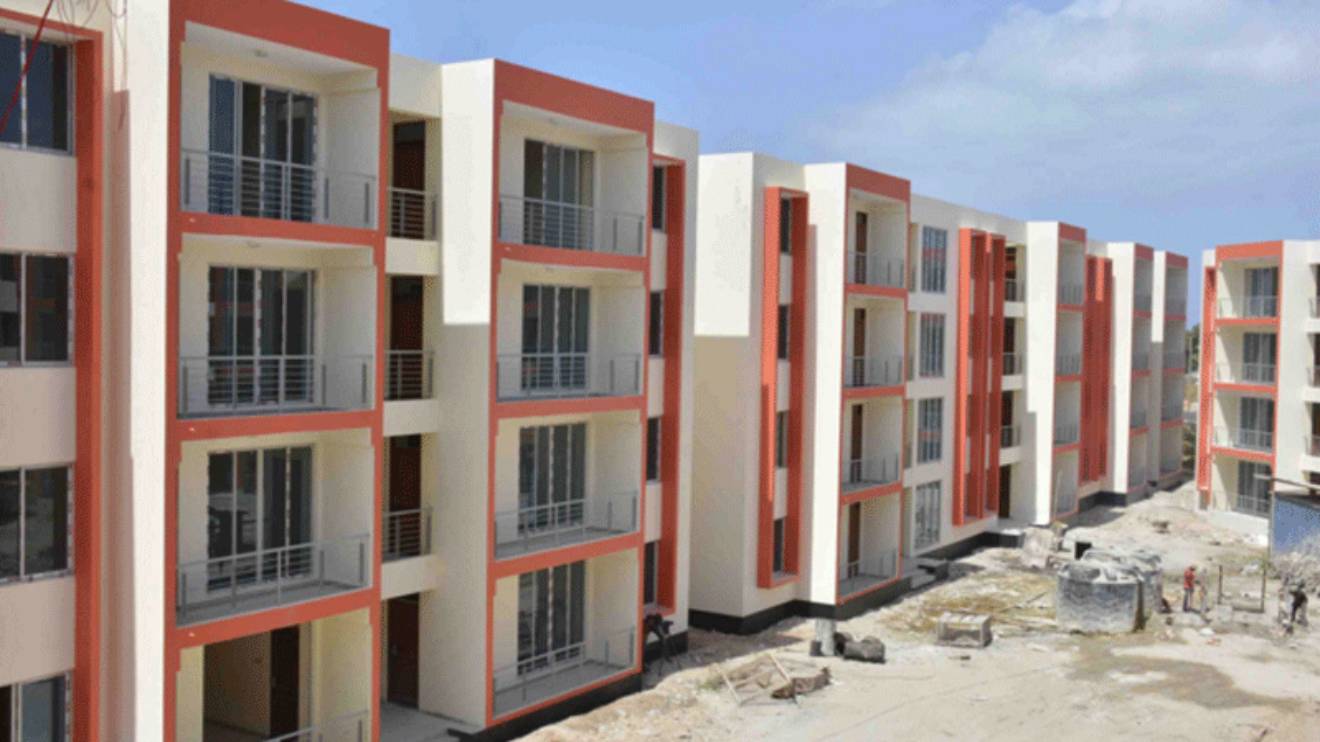
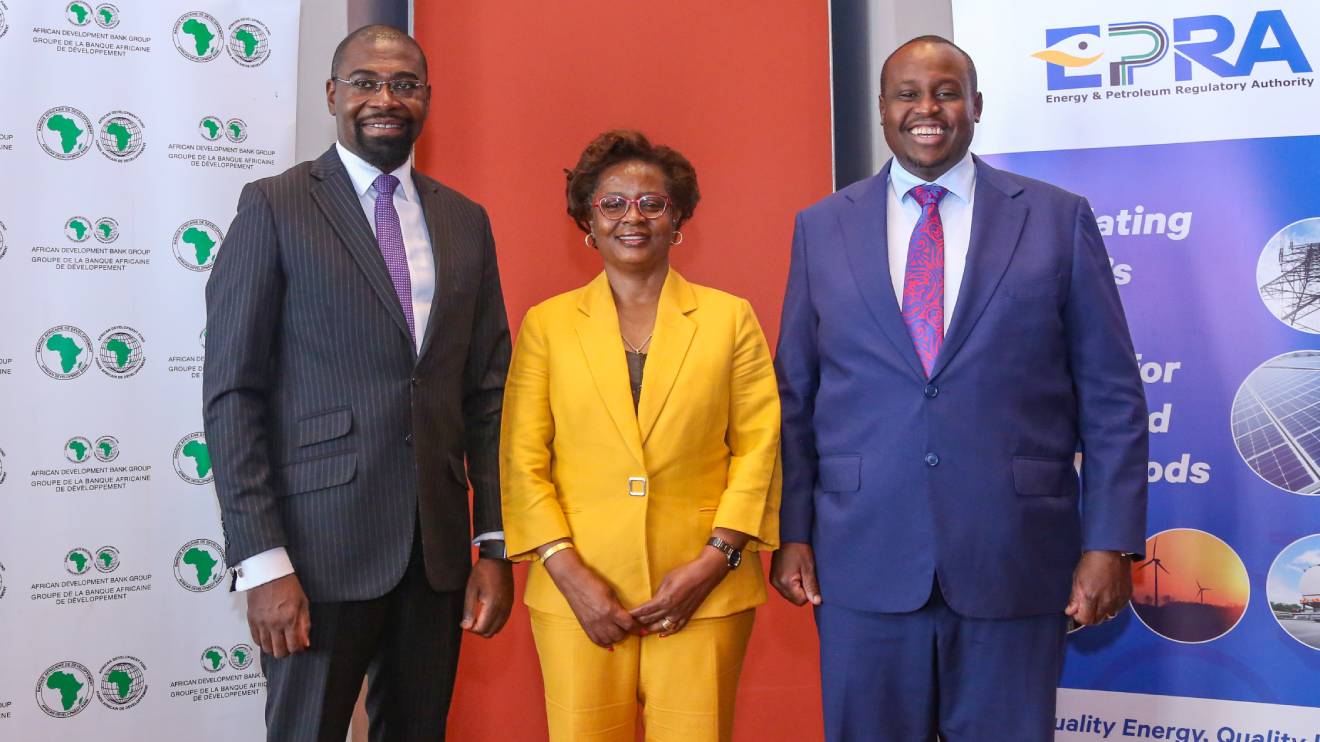
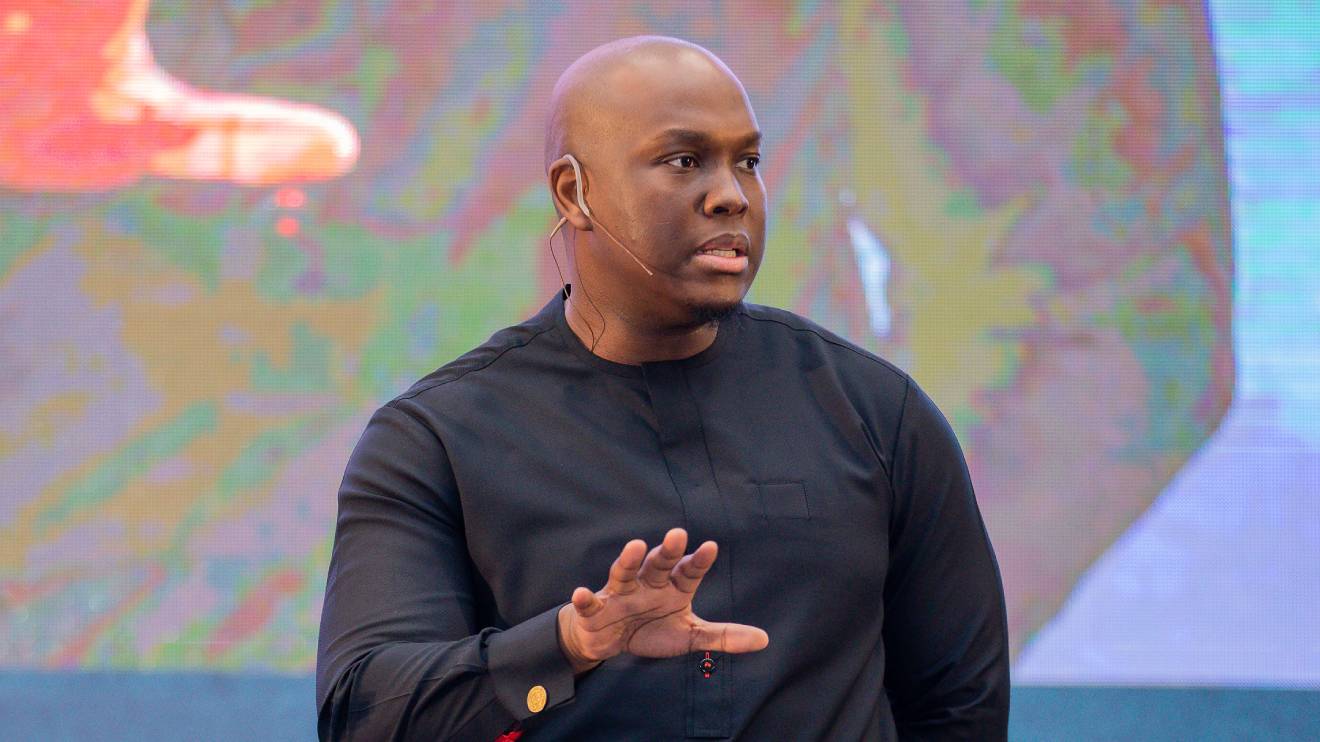
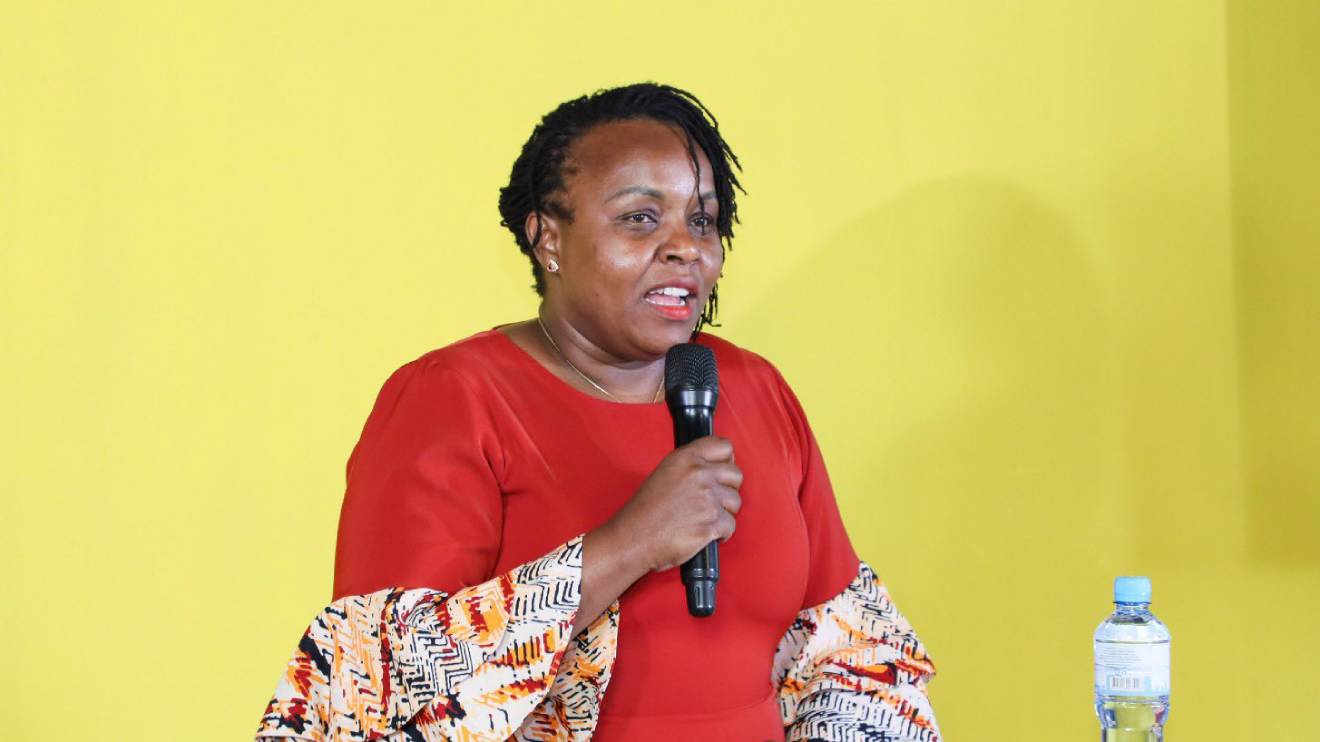
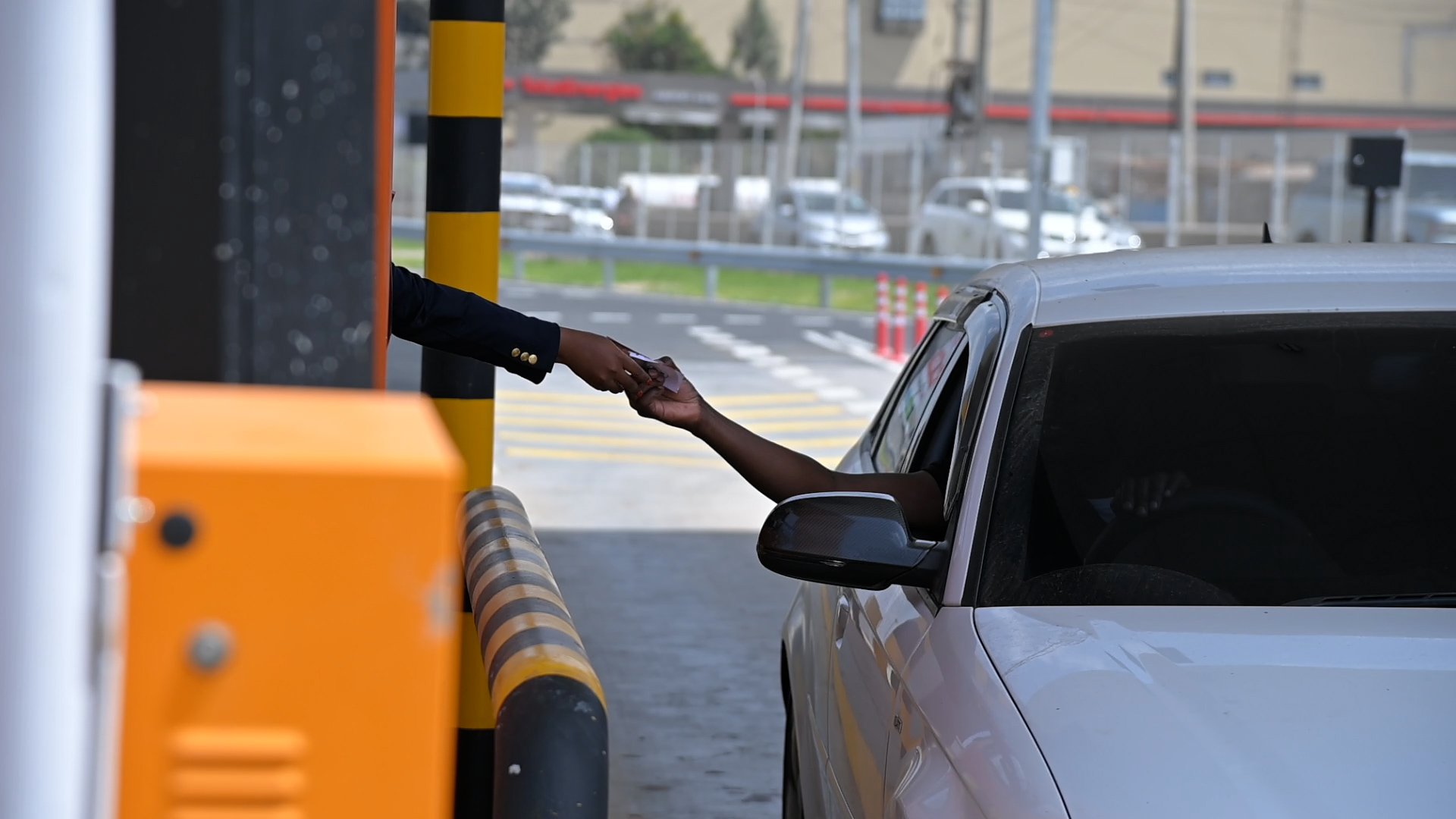
-1740145347.jpg)
